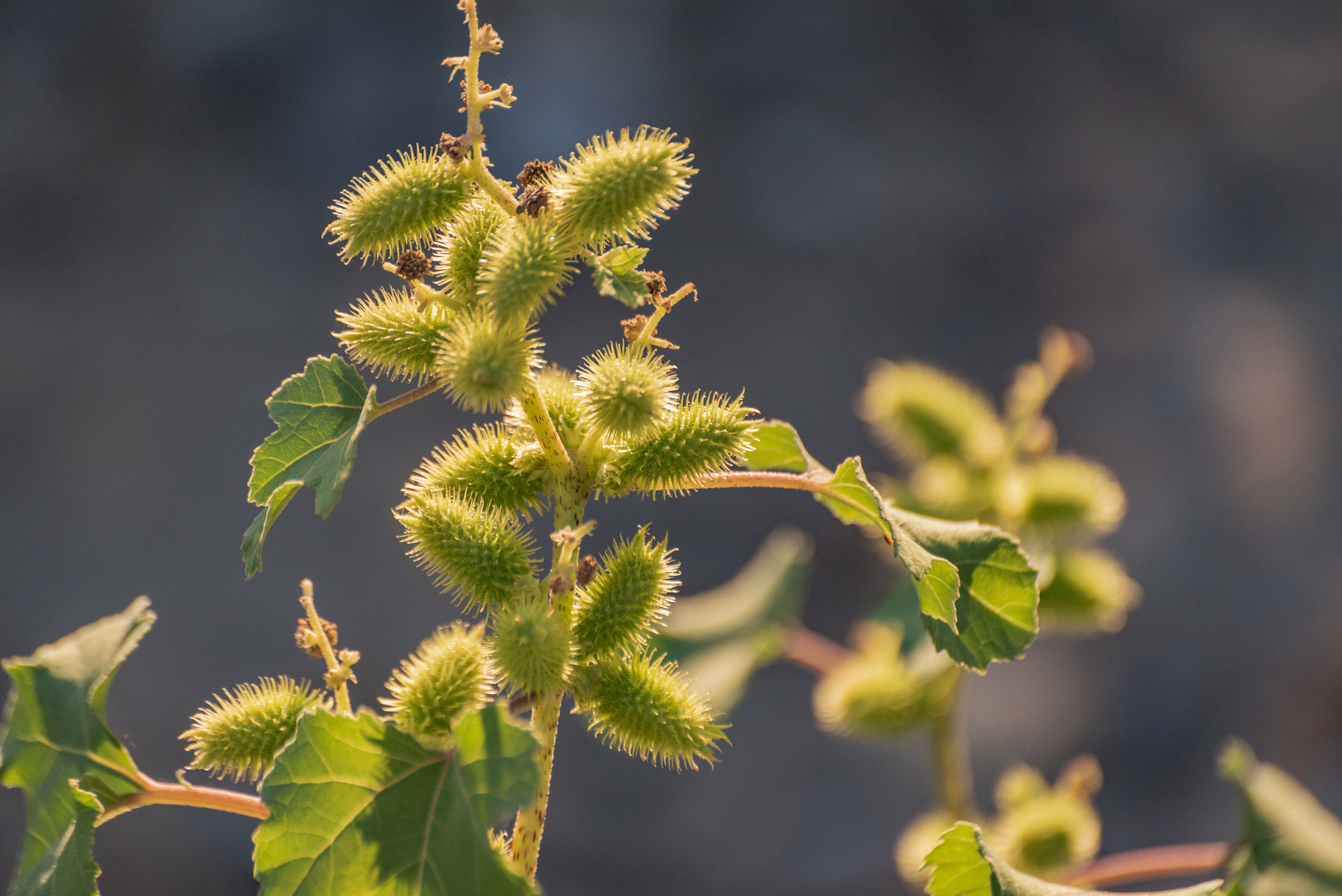Get Easy Health Digest™ in your inbox and don’t miss a thing when you subscribe today. Plus, get the free bonus report, Mother Nature’s Tips, Tricks and Remedies for Cholesterol, Blood Pressure & Blood Sugar as my way of saying welcome to the community!
The common weed with anti-aging potential

When it comes to skincare, I’m just as susceptible as anyone else to anti-aging claims.
I’ve got skin creams and serums and lotions galore and different skincare regimens for day and night. Those regimens seem to make a difference in my skin’s elasticity and appearance, and they make me feel good.
As someone who takes care of their skin, I’m always keeping an eye out for new advances in anti-aging products. And as someone who prefers using products made from all-natural ingredients, I was intrigued by news of a potential anti-aging breakthrough derived from a common weed….
The anti-aging potential of cocklebur
Cocklebur is a weed that grows in moist or sandy areas such as roadside ditches and riverbanks. It’s native to Southern Europe, Central Asia and China, but has spread worldwide.
The distinctive fruits of the cocklebur plant are encased in stiff hucks covered in burrs. They’ve been used for centuries in traditional medicine for problems like headaches, stuffy nose, tuberculosis-related illness and skin pigmentation disorders. And in recent years, scientists have investigated their potential use in treatments for cancer and rheumatoid arthritis.
Now, research indicates that cocklebur fruit has antioxidant and anti-inflammatory components that could be used to protect the skin.
In laboratory tests using cells and tissues, researchers found these compounds reduced damage from ultraviolet B (UVB) exposure and accelerated wound healing. They also seem to influence collagen production. Collagen is the protein found in skin that gives it elasticity and prevents wrinkles from forming.
“We found that cocklebur fruit has the potential to protect the skin and help enhance production of collagen,” says Eunsu Song, a doctoral candidate at Myongji University in South Korea who conducted the research with Myongji University Professor Jinah Hwang.
“In this regard, it could be an attractive ingredient for creams or other cosmetic forms,” Song says. “It will likely show a synergistic effect if it is mixed with other effective compounds, such as hyaluronic acid or retinoic acid, against aging.”
The study is the first to explore cocklebur fruit extract’s properties as a skin protectant and wound-healing agent.
When comparing the bioactivity of cocklebur fruits grown in different places, the researchers discovered those grown in South Korea had slightly higher antioxidant and anti-inflammatory properties and greater wound-healing activity than those grown in China.
Some caution required
But don’t rush out to start gathering cocklebur fruits just yet. The researchers warn that high doses of cocklebur fruit extract can be toxic, so further research is needed to figure out how to use it safely in cosmetic and pharmaceutical applications.
“In its burrs, cocklebur fruit also has a toxic constituent, carboxyatractyloside, which can damage the liver,” Song says. This effect has been observed in livestock and other animals that ingest cockleburs.
Song adds that while cocklebur fruit extract showed potential as a cosmetic agent by increasing collagen production, it showed negative results with higher concentrations.
“Therefore, finding the proper concentration seems very important and would be key to commercializing cocklebur fruit extracts in cosmetics,” he says.
The next step for the researchers is to further study cocklebur fruit extract’s biological mechanisms and conduct experiments in animal alternatives to explore ways to safely adapt it for cosmetic use.
What to do in the meantime
Unlike cocklebur, grapes have been found to provide skin-protecting properties — and you can eat quite a bunch of them. In studies, eating grapes protected against UV skin damage, increased resistance to sunburn and reduced cellular markers of UV damage linked to premature aging.
Until cocklebur is available commercially, there are a few other anti-aging ingredients you can try to keep that smooth, plump glow to your skin. My colleague Dr. Adria Schmedthorst talks here about the many benefits hyaluronic acid provides for the skin. And here I go over the newest research on how skincare products containing cannabis may turn back the clock on skin aging.
Of course, one of the best things you can do to protect your skin is to use sunscreen. A lot of sunscreens use harmful chemicals, so check this list from EWG to find one that’s both safe and effective at protecting you from the sun’s aging rays.
Be sure to avoid foods that age you. Sugar and cooked meat can prematurely age your skin, while plant-based foods that are rich in powerful antioxidants like polyphenols (think grapes!) can help protect it from the ravages of time.
Editor’s note: Did you know that when you take your body from acid to alkaline you can boost your energy, lose weight, soothe digestion, avoid illness and achieve wellness? Click here to discover The Alkaline Secret to Ultimate Vitality and revive your life today!
Sources:
Scientists see anti-aging potential in an invasive weed — EurekAlert!
Xanthium — ScienceDirect
Skin Care – United States — Statista













